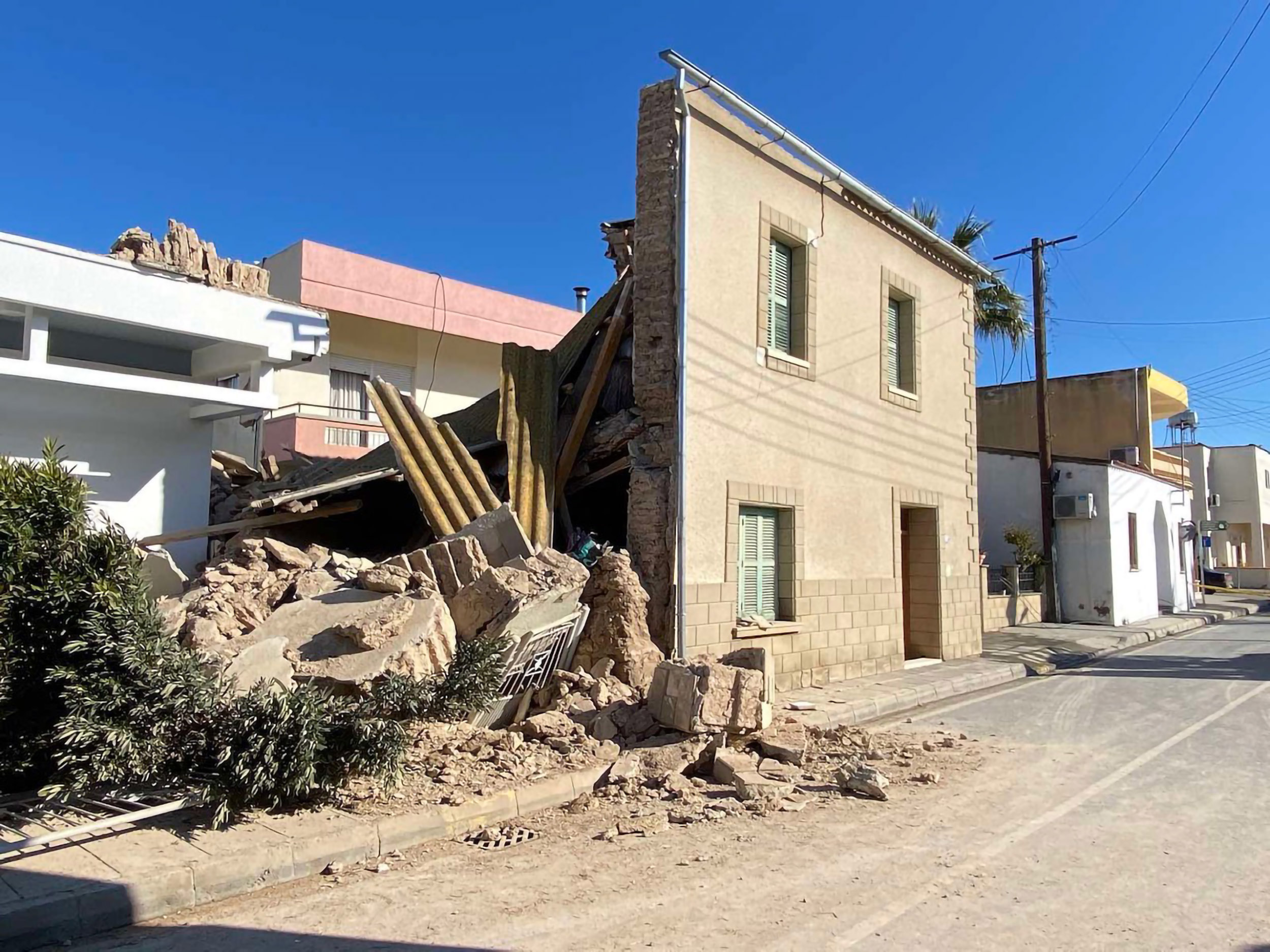When a nearly dilapidated house in Aradippou collapsed earlier this week, initial reports suggested it was a minor incident and that there were no injuries.
The mayor even told CyBC radio that “it seemed a well-maintained house”, but this happens with all mudbrick houses, especially after torrential rains.
Simple as it may seem, the whole matter goes quite deeper than a collapsed wall or roof.
First of all, why were six Asian workers living in this house, on the main street and visible to all, without the property having been inspected for health and safety?
Surely this is a matter for the municipal engineers to inspect and approve.
What rent were these foreign workers paying when we know their incomes are below the official minimum wage and landlords often charge an arm and a leg.
This is a phenomenon in all towns, especially in areas the wealthy like to call ‘slums’, in other words, low-rent, poorly maintained, where landlords prefer to squeeze as many tenants in an apartment or room as possible to get a higher yield on the rent.
Such abuse is not condemned, but the foreign workers, huddled together, under one roof, which is often damp, is “unacceptable”.
Then there is the issue of the quality of construction.
Cheap rents are often provided in old building blocks, usually at least four decades old, with little evidence of any maintenance in 20 years.
And in the case of mudbrick houses, surely these were last built in the 1950s, maybe even 1960s.
It’s a miracle some of these are still standing, while a great swing from a tractor arm will take it down in just a few seconds.
Such was the case of the old homes near the Archbishopric that were torn down last year to make way for the grand entrance leading up to the new cathedral.
Nicosia town hall officials were hesitant to challenge the head of the Church of Cyprus.
Despite some initial noise from opposition parties, the whole matter of demolishing a building listed as protected soon died.
Apart from foreign workers usually taking up single-room apartments or converted garages, seen in almost every neighbourhood, the same also happens in rural areas, where farmhands are often put up in poor conditions, some even worse than the farms these cheap labour employers often work in.
This was also probably the case of the five Egyptians who tragically lost their lives in the summer fires last year, engulfed by the blazing flames that rapidly overran several villages.
We should consider how well we treat foreign workers to realise what kind of society we live in.










